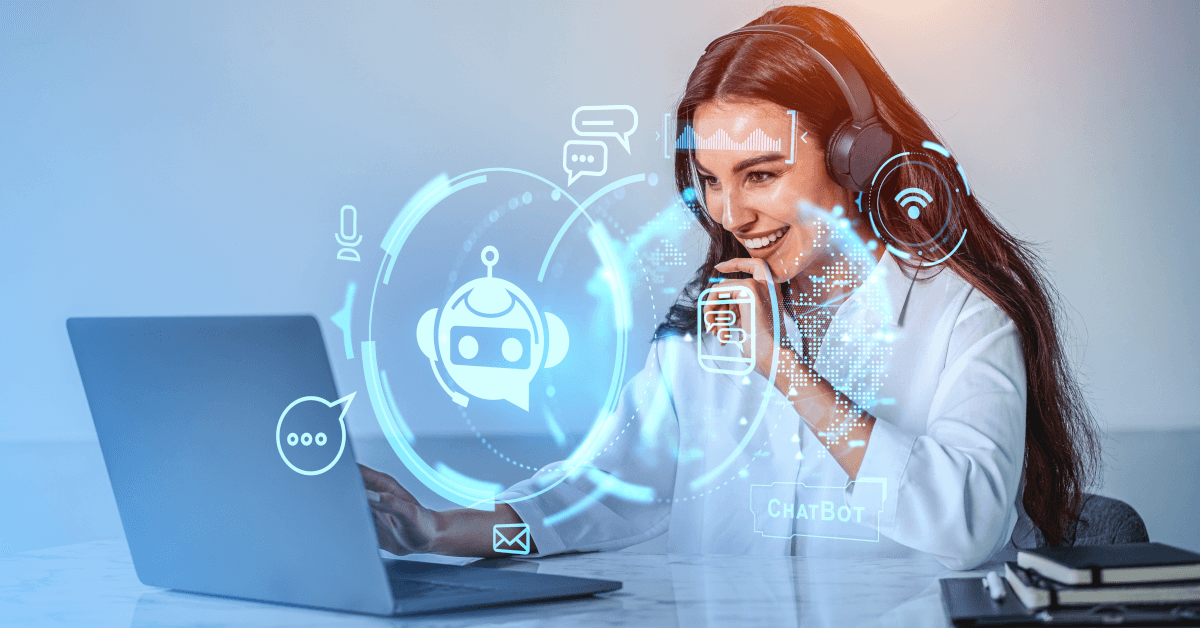Introduction
Artificial Intelligence (AI) is revolutionizing the way we live and work. From voice assistants like Siri and Alexa to self-driving cars and advanced healthcare solutions, AI is at the forefront of technological innovation. As AI continues to evolve, it is shaping industries, improving efficiency, and raising ethical considerations that must be addressed.
What is Artificial Intelligence?
AI refers to the development of computer systems that can perform tasks requiring human intelligence, such as learning, reasoning, problem-solving, and decision-making. AI is categorized into:
- Narrow AI: AI systems designed for specific tasks, like chatbots and recommendation engines.
- General AI: A theoretical AI that can perform any intellectual task a human can do.
- Super AI: A future concept where AI surpasses human intelligence.
Key Applications of AI
1. AI in Healthcare
AI is transforming healthcare by improving diagnostics, patient care, and drug development. AI-powered tools analyze medical images, detect diseases early, and assist in robotic surgeries, increasing precision and efficiency.
2. AI in Business
AI is optimizing business operations by automating tasks, improving customer service, and analyzing market trends. Chatbots provide instant support, while AI-driven analytics help companies make data-driven decisions.
3. AI in Transportation
Autonomous vehicles are one of the most exciting AI advancements. Self-driving cars use AI to navigate roads, improve safety, and reduce traffic congestion. AI also enhances logistics and supply chain management.
4. AI in Education
AI-powered platforms personalize learning experiences, adapting to students' needs and improving engagement. Automated grading and AI tutors are also enhancing the education sector.
5. AI in Entertainment
AI is used in content recommendation systems, video editing, and even scriptwriting. Streaming platforms like Netflix and Spotify use AI to suggest personalized content based on user preferences.
Challenges and Ethical Concerns
Despite its benefits, AI presents several challenges:
- Data Privacy: AI systems rely on vast amounts of data, raising concerns about security and misuse.
- Job Displacement: Automation may replace traditional jobs, requiring workforce adaptation.
- Bias in AI Algorithms: AI can inherit biases from training data, leading to unfair decisions.
- Regulation and Control: Ethical AI development and regulations are necessary to prevent misuse.
The Future of AI
AI is expected to advance further, influencing various industries, including:
- Healthcare: AI-driven treatments and precision medicine will improve patient care.
- Smart Cities: AI will optimize urban planning, energy use, and security.
- Space Exploration: AI-powered robots will assist in deep space missions.
Conclusion
Artificial Intelligence is shaping the future with groundbreaking innovations. While it offers numerous benefits, addressing ethical concerns and responsible AI development is essential. As AI continues to evolve, it has the potential to enhance lives and create a smarter, more efficient world.






